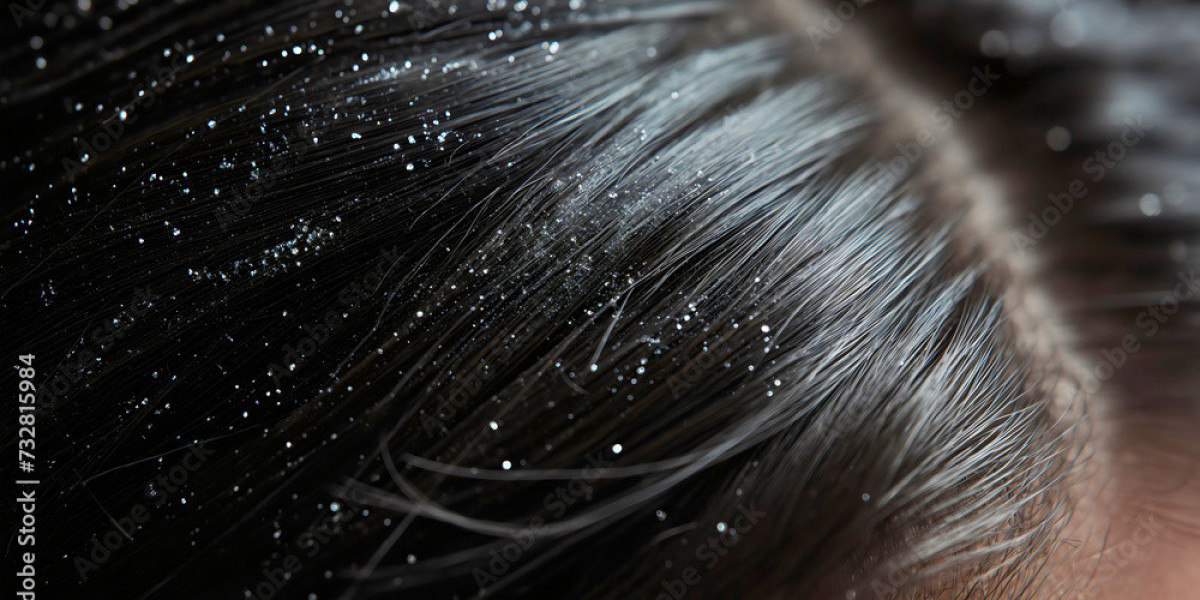If you've ever experienced the annoyance of a dry, itchy scalp, you know firsthand how frustrating it can be. It's not just uncomfortable; it can also be embarrassing and difficult to manage. But what causes dry scalp? Is it just a matter of using the right shampoo, or is there more to the story?
The Anatomy of the Scalp
To understand dry scalp, it's essential to grasp the basics of scalp anatomy. The scalp is the skin on top of your head, and like the rest of your skin, it has sebaceous glands that produce oil (sebum) to moisturize and protect it. When these glands don't produce enough oil, the scalp can become dry and flaky, leading to itching and irritation.
Common Causes of Dry Scalp
Several elements can lead to the development of dry scalp:
1. Weather: Cold, dry air can strip moisture from the scalp, exacerbating dryness.
2. Harsh Hair Products: Shampoos and hair care products with harsh chemicals can irritate the scalp and strip away natural oils.
3. Skin Conditions: Conditions like eczema or psoriasis can affect the scalp, causing dryness and itching.
4. Overwashing: Washing your hair too frequently can wash away natural oils, leaving the scalp dry.
Debunking Myths: Dandruff vs. Dry Scalp
Many people confuse dry scalp with dandruff, but they are actually different conditions:
- Dry Scalp: Results from a lack of moisture, causing small, white flakes and itching.
- Dandruff: A more chronic condition caused by excess oil and a yeast-like fungus, resulting in larger, greasy flakes and inflammation.
Understanding which condition you have is crucial for effective treatment.
Solutions for Dry Scalp
Managing and treating dry scalp involves a combination of lifestyle changes and targeted treatments:
1. Gentle Shampoos: Opt for mild, sulfate-free shampoos that won't strip away natural oils.
2. Moisturizing Treatments: Use scalp oils or moisturizing masks specifically designed for dry scalp.
3. Limit Washing: Try to wash your hair less frequently, allowing natural oils to nourish the scalp.
4. Hydration: Drink plenty of water to hydrate your skin from within.
5. Medical Consultation: If home remedies don't work, consult a dermatologist for prescription treatments or to rule out underlying conditions.
The Psychological Impact
Beyond physical discomfort, a dry scalp can impact self-esteem and social interactions. Feeling self-conscious about flakes or itching can affect your confidence and quality of life. Addressing the issue proactively can help alleviate these concerns.
Lifestyle Tips for Healthy Scalp
Maintaining a healthy scalp isn't just about treating symptoms; it's about adopting a scalp-friendly lifestyle:
- Balanced Diet: Nutrients like vitamins A, C, D, and E are essential for scalp health.
- Stress Management: Stress can exacerbate scalp conditions, so practice relaxation techniques.
- Avoid Scratching: Resist the urge to scratch, as it can damage the scalp further.
Conclusion
Dealing with dry scalp isn't just about finding the right shampoo—it's about understanding the underlying causes and adopting a holistic approach to scalp health. By nourishing your scalp with the right products, lifestyle choices, and treatments, you can say goodbye to itching and flakes, and hello to a healthier, happier scalp.
Next time you notice your scalp feeling dry and itchy, remember: it's not just a nuisance—it's a mystery waiting to be unraveled and solved, one gentle treatment at a time. Take care of your scalp, and it will thank you with comfort and confidence.
Thicker, Fuller, Happier: The Top Benefits of Trichology Treatment for Thin Hair






